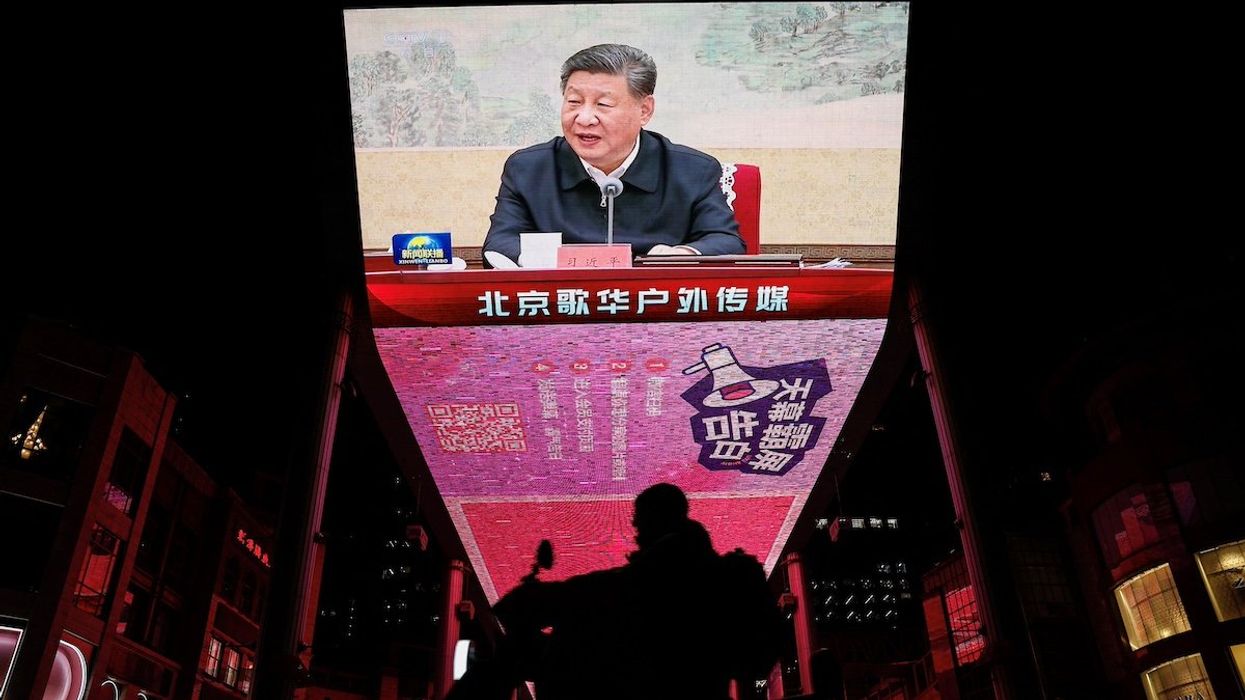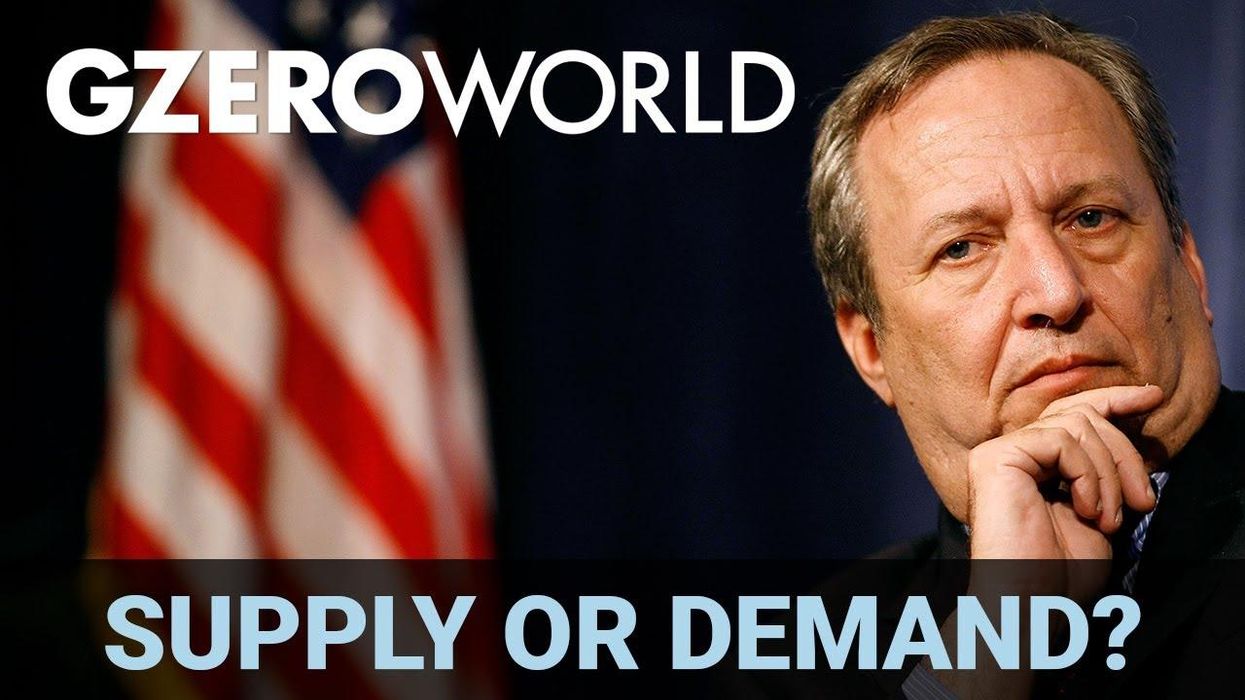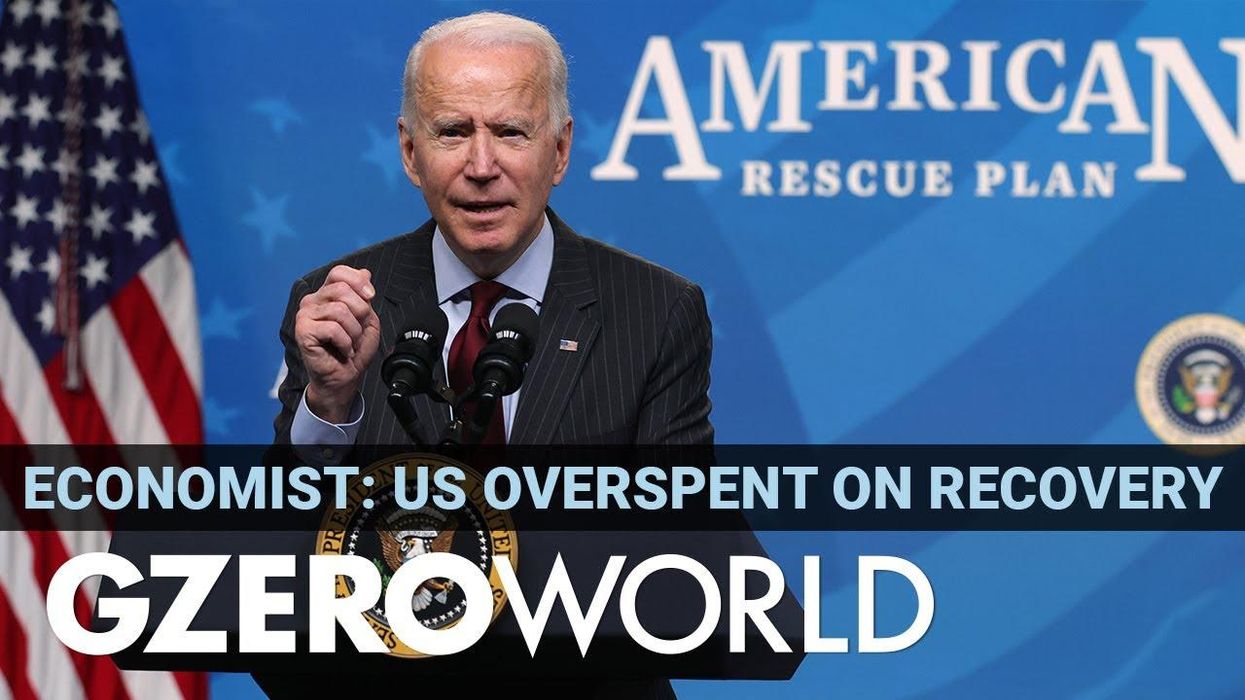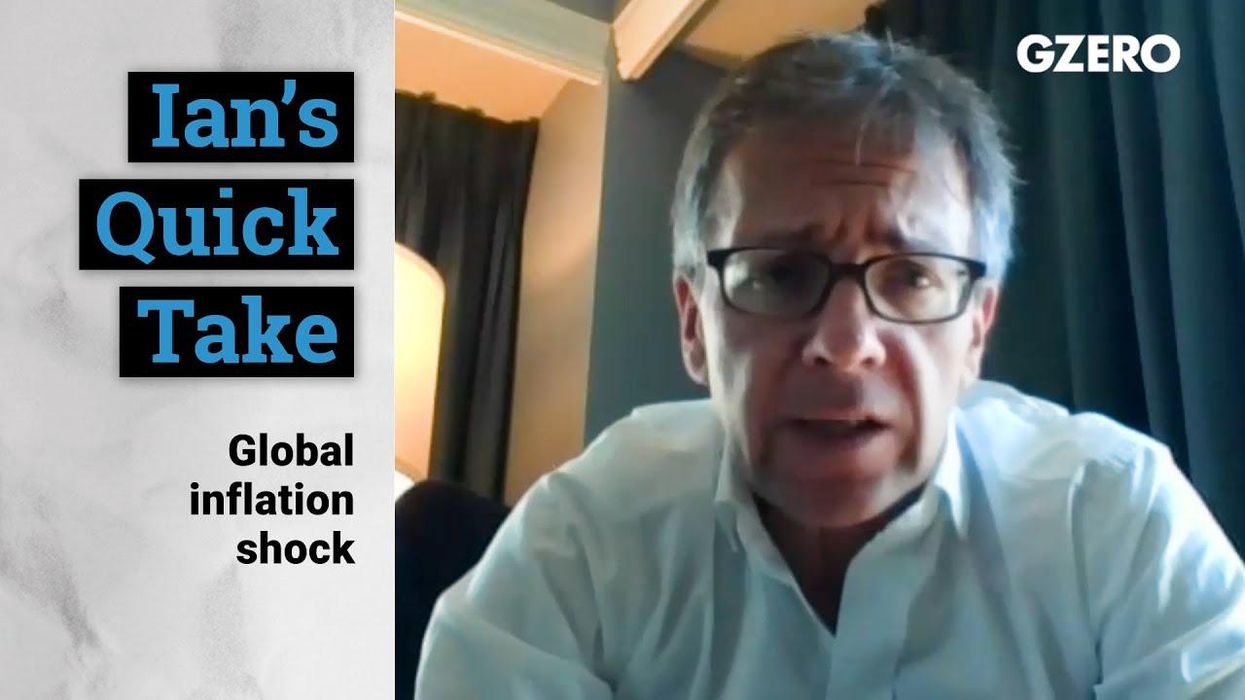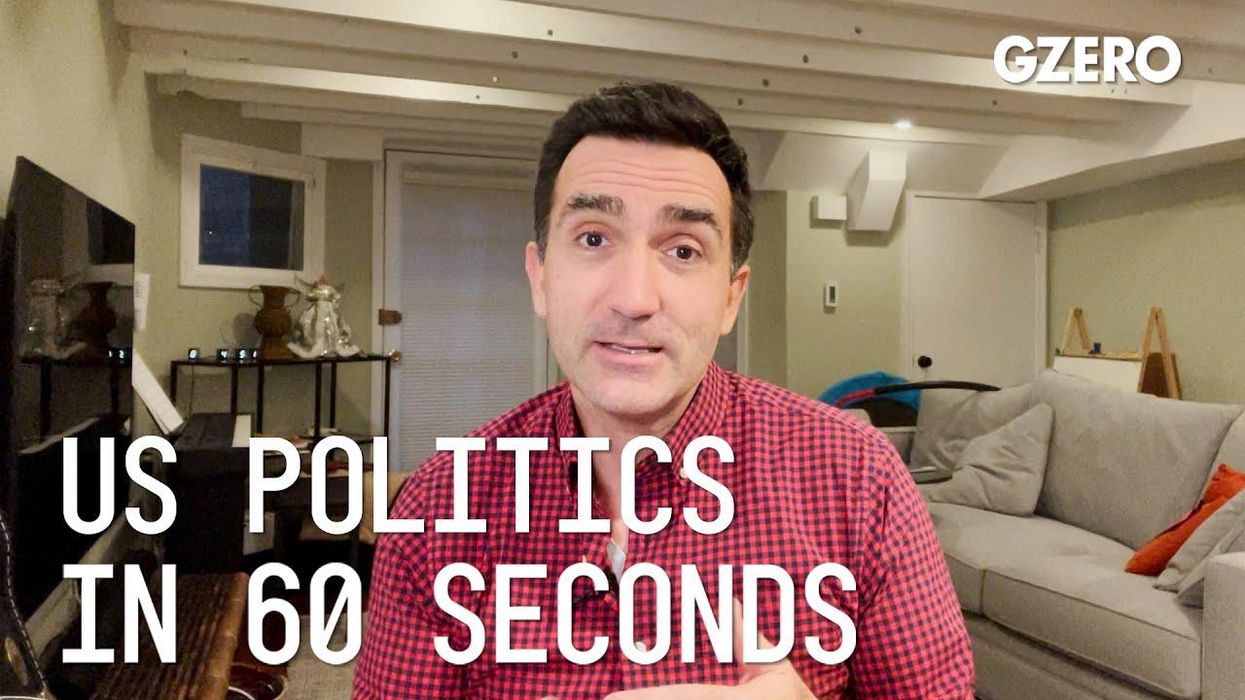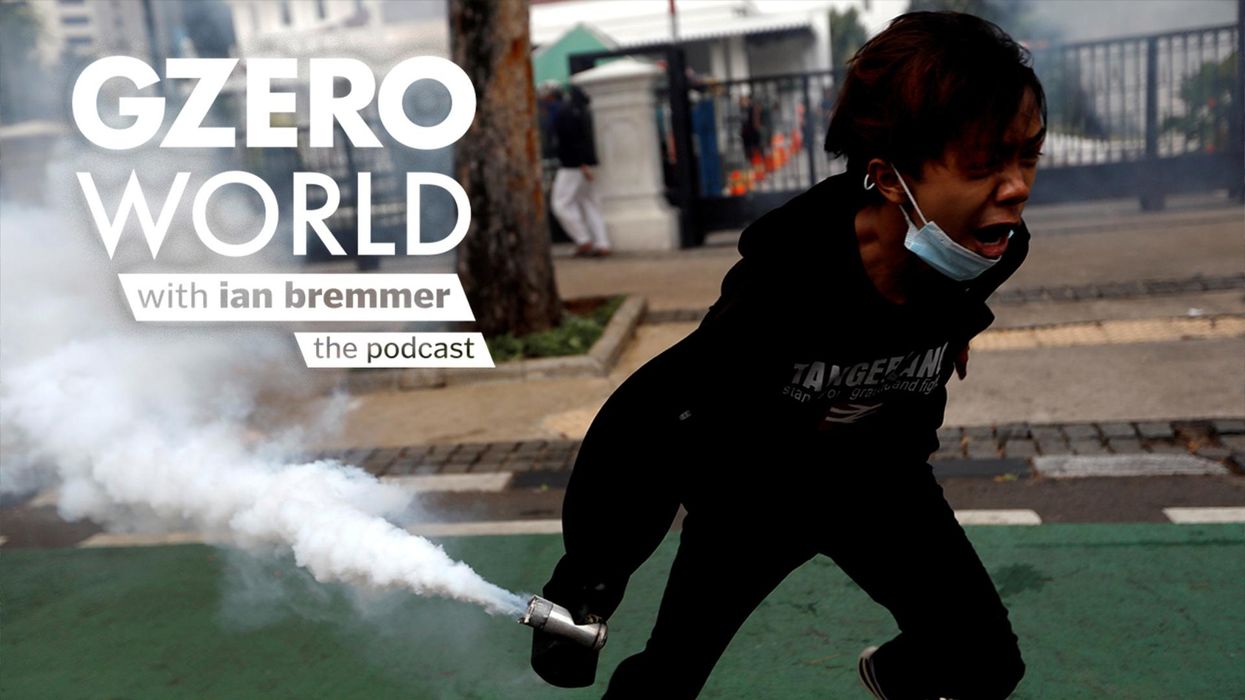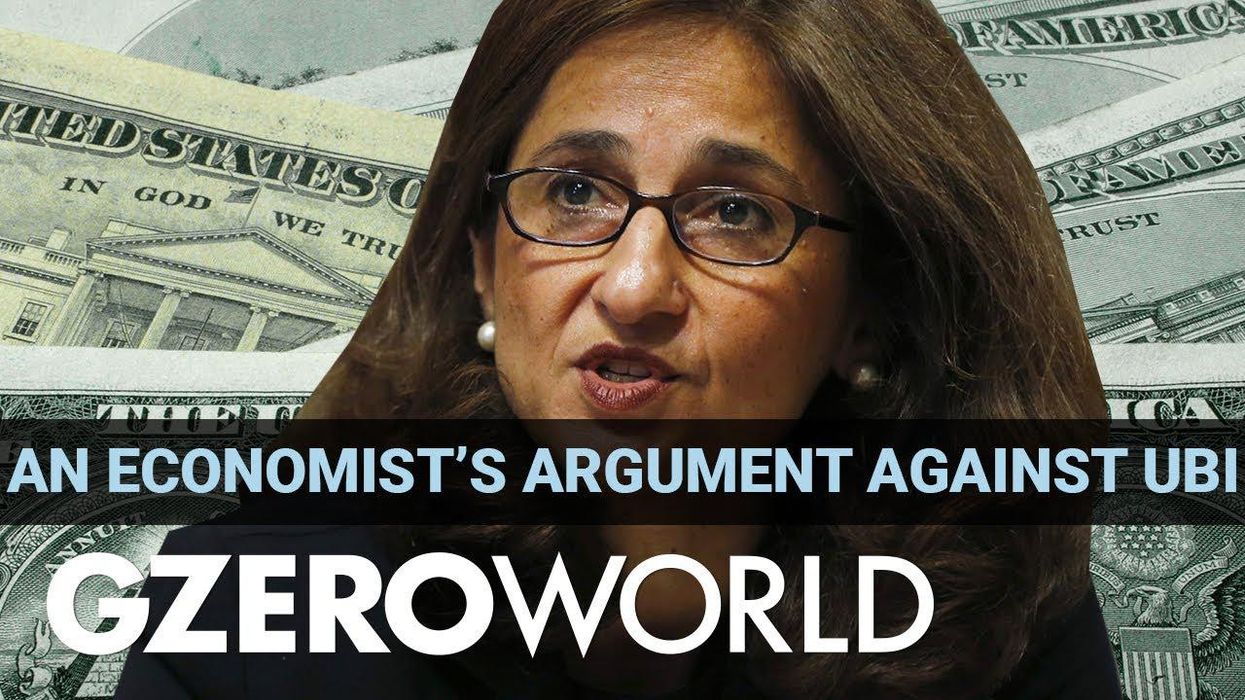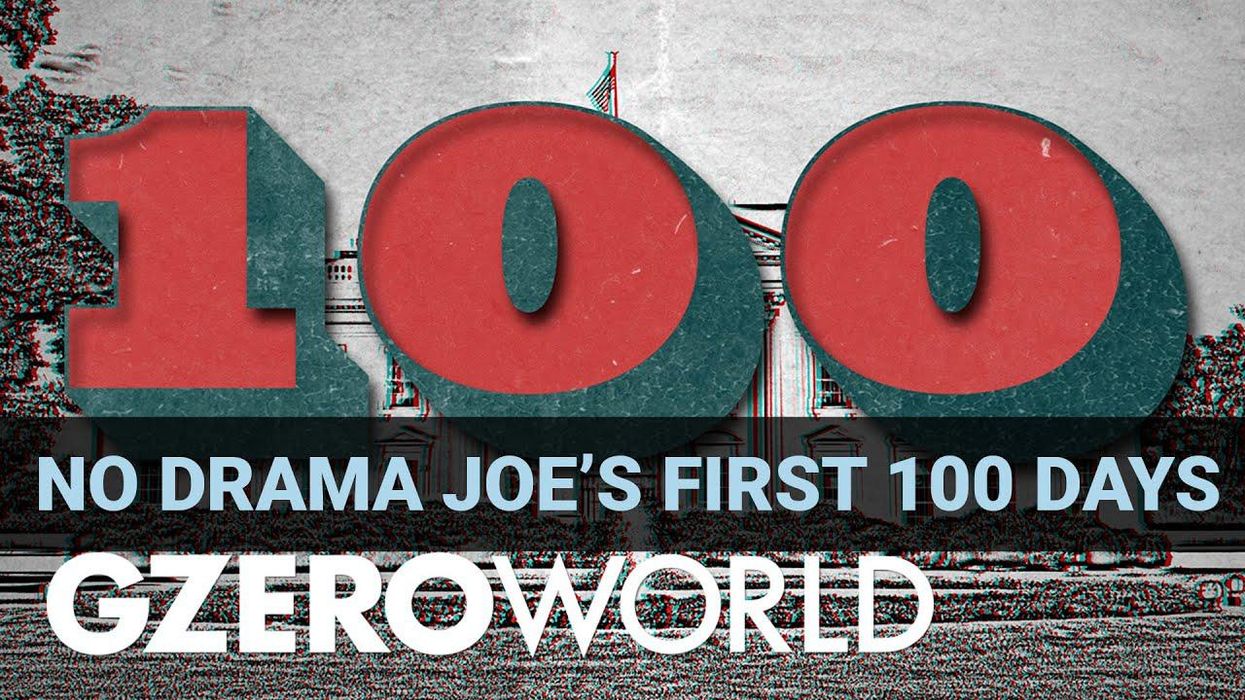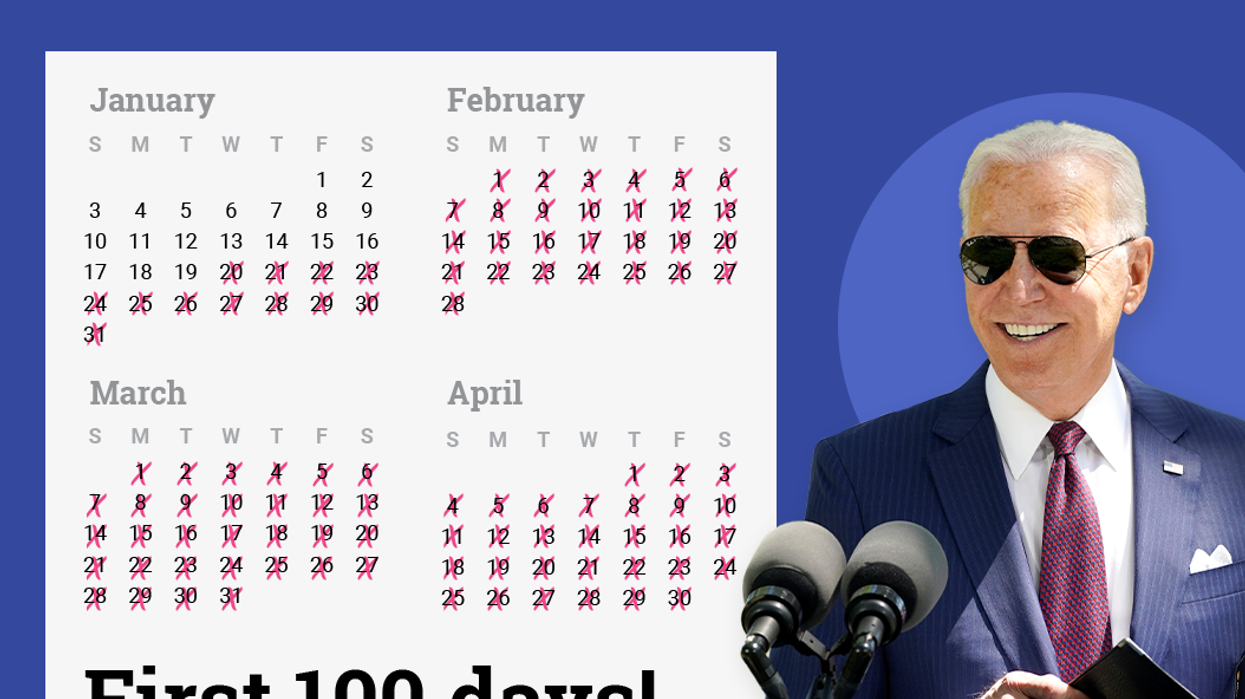What We're Watching
China’s vows to pump up its economy — with one eye on Trump’s tariffs
China’s Politburo — the top leadership cabinet — said Monday it would take “more proactive” fiscal measures and loosen up its monetary policy in 2025 as it aims to boost domestic consumption.
Dec 09, 2024
